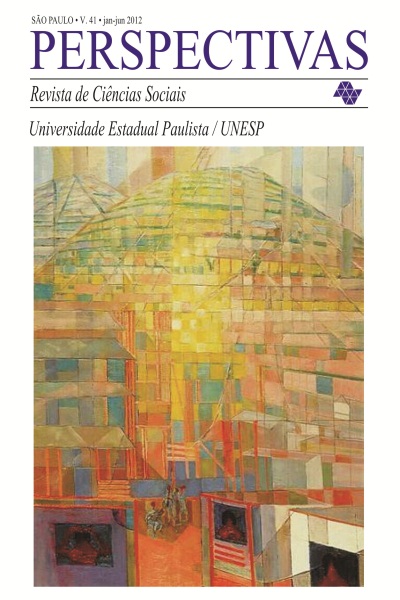An intellectual peripherally trajectory: Hussein Alatas and the autonomous sociology
Keywords:
Syed Hussein Alatas, Sociology of intellectuals, History of sociology, Center-periphery,Abstract
The field study of sociology of intellectuals has improved a lot within the field of the social sciences. However, it still offers little insight into how intellectual production is generated in non-western or peripheral contexts. The article address this issue by analyzing a case-study focused on Malayan sociologist Syed Hussein Alatas (1928-2007), who was a pioneer in the building of social sciences in Southeast Asia. We compare threads from Alatas’ early work on Islamism and politics with his most well-known book The Myth of the Lazy Native (1977). Our aim is to prove that one must look for the sources of Alatas sociological reflections on postcolonialism, imperialism and captive mind in his writings on Islamism and religion. We consider this hypothesis a challenge to classical assumptions posed by the main works on sociology of intellectuals, which tend to emphasize both secularization and the growing autonomy of academic field as crucial factors for the emergence of modern intellectuals.Downloads
Published
21/12/2012
Issue
Section
Desenvolvimento e periferia

